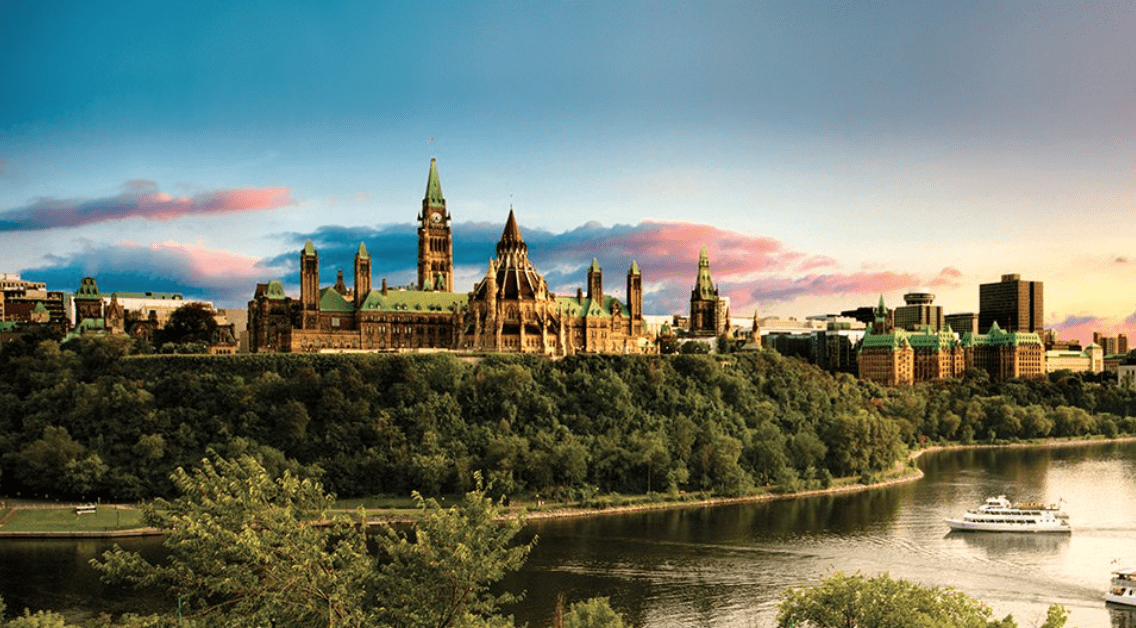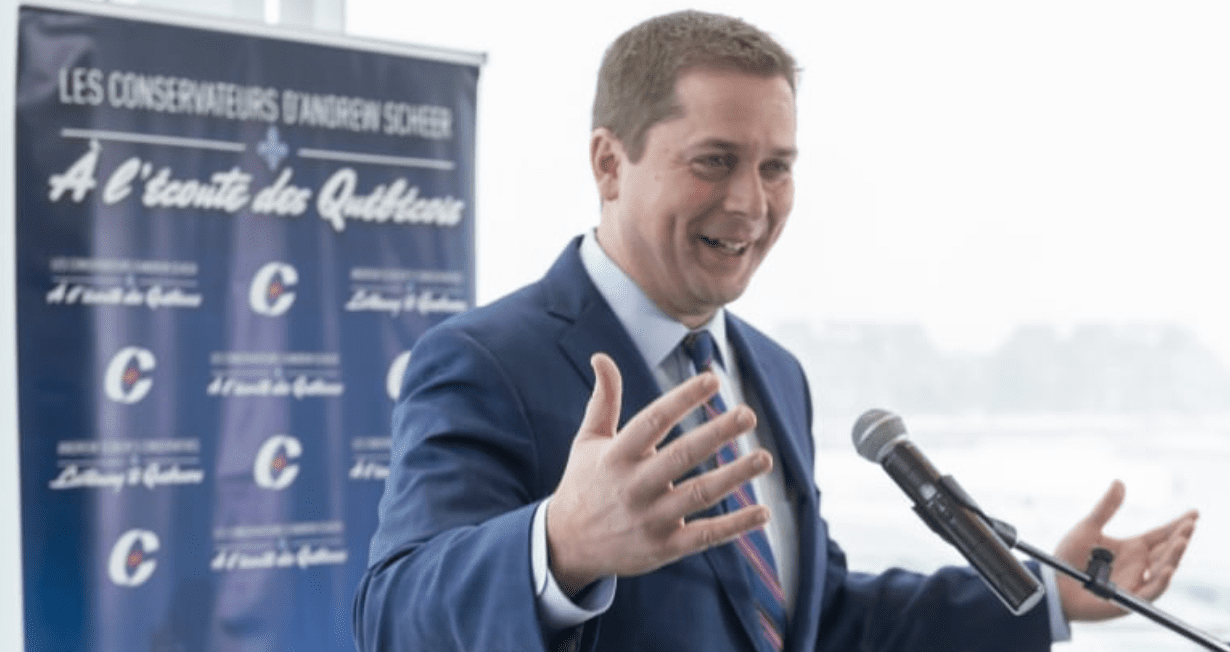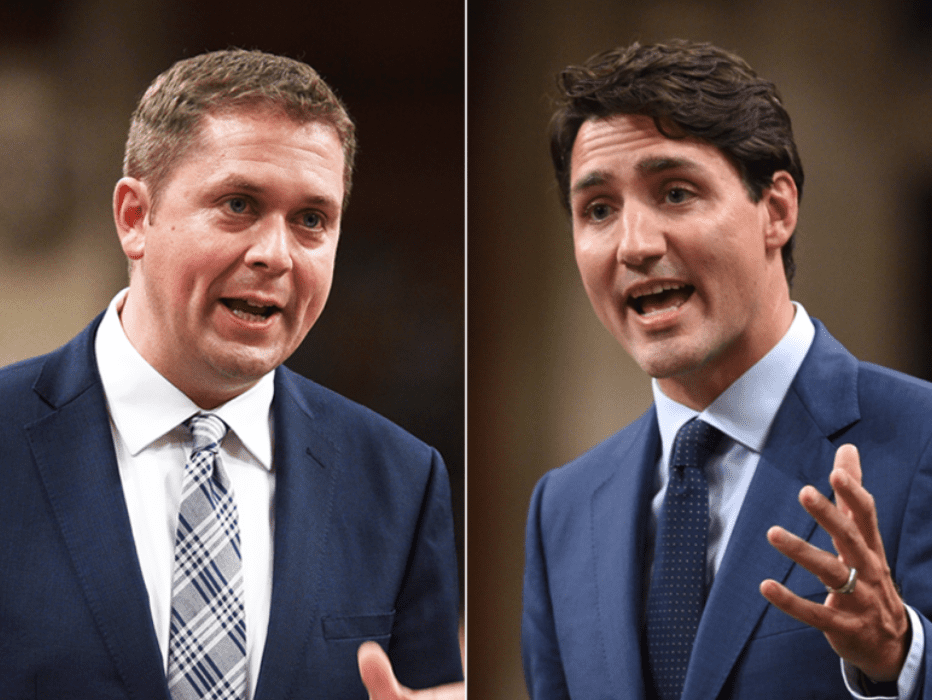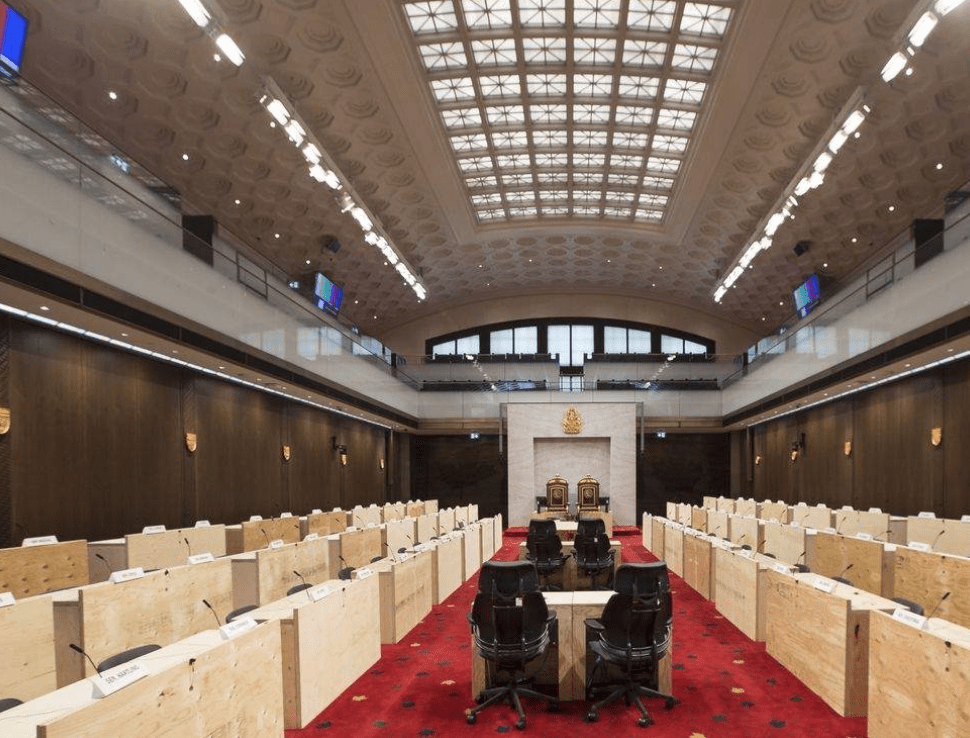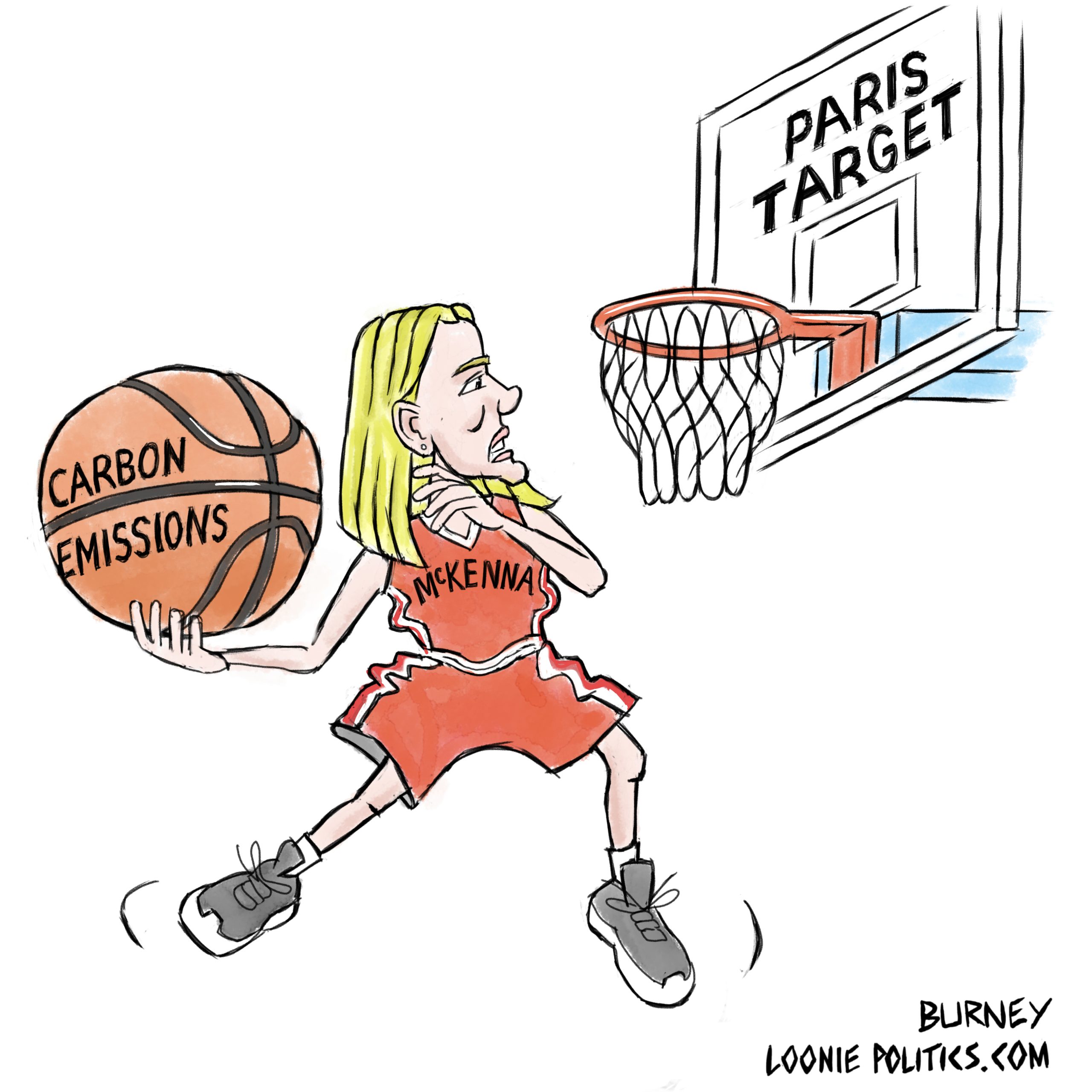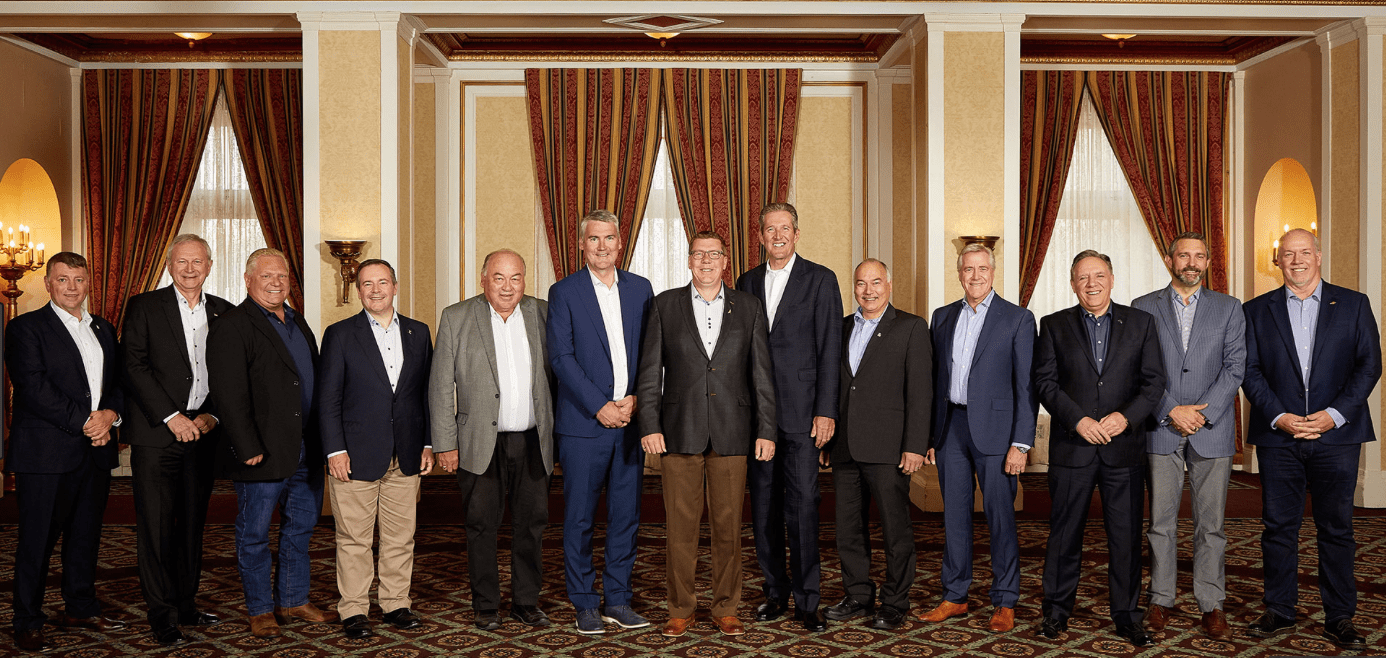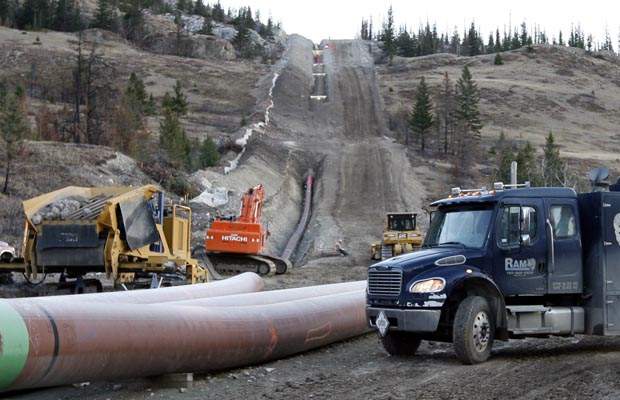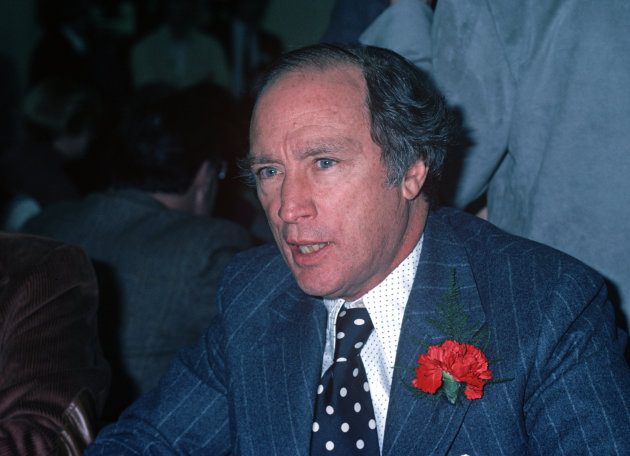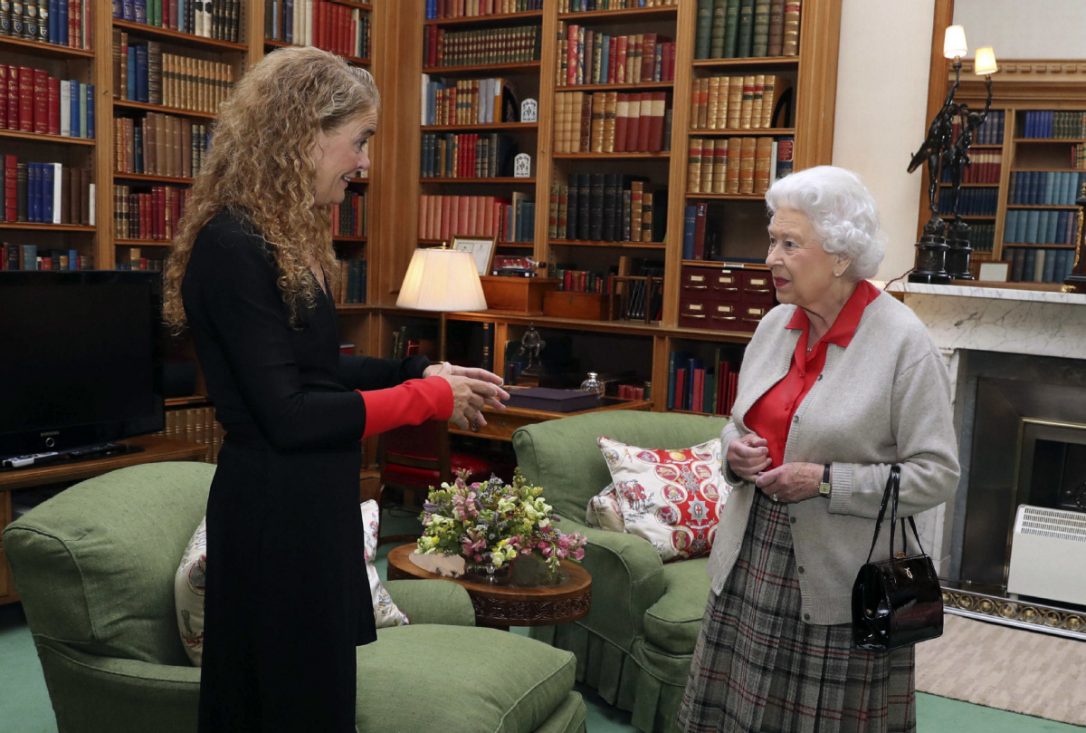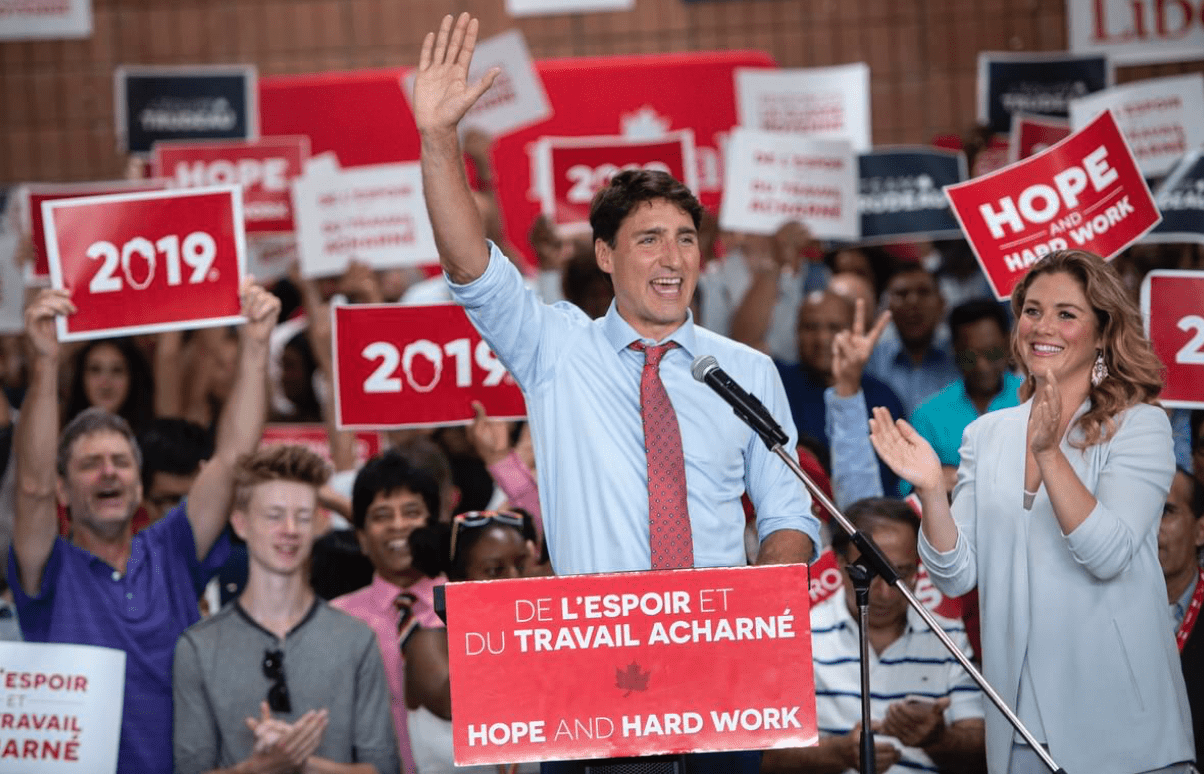Over the past few months, MPs on the Procedure and House Affairs committee have been examining the possibility of creating a second debating chamber something that apparently our elected representatives have a romance with after seeing them created in Canberra and Westminster. Liberal MP Frank Baylis had the creation of such a chamber as part of his comprehensive attempt at rewriting the Standing Orders (an attempt thwarted by the fact that he forgot that private members' business is debated first thing on Monday mornings rather than at the end of the day), but reading through the PROC report, there are at least a few questions that MPs need to ask themselves before they set down this course.
Canadian legislators being enamoured with foreign legislatures is nothing new. In the 1970s, during the heyday of constitutional reform talks, there was a great love affair with the German Bundesrat, and there were attempts to try and propose a similar means of reforming our Senate to match it, but those fell apart when the Supreme Court of Canada poured cold water on Pierre Trudeau's attempt at reform. This eventually led to the patriation of the Constitution in 1982 but the Senate remained untouched. In the current parliament, we saw Bardish Chagger try to import the programming motions from Westminster but was shot down in a procedural meltdown and filibuster, while our own Leader of the Government in the Senate err, "government representative," Senator Peter Harder, is enamoured with the House of Lords' Salisbury Convention so much so that he tries to claim that it exists here when it doesn't. As well, a number of "progressive" political figures look longingly to the experimental consensus-based legislatures in the Northwest Territories and Nunavut, without understanding that it is neither scalable, nor workable outside of its particular cultural context.
Australia was the first to adopt a second debating chamber, dubbed the Federation Chamber, in 1994, under the excuse that the increased volume and size of government legislation was preventing adequate time for study and debate, and saw an increase in "guillotine" motions, but rather than add more sitting days or hours in the sitting day, the parallel chamber was seen as a compromise. Its debates are largely bills that the House of Representatives refers to it, usually at second reading or "consideration-in-detail" stages, as well as private members' business, committee reports and delegation business. It only debates issues but does not vote on them, and while there was a reduction in "guillotine" motions after its introduction, that was also likely attributable to changes to the parliamentary calendar and other practices around introducing bills.
The UK created their parallel chamber, known as Westminster Hall, in 2000 on an experimental basis, and it was made permanent in 2003. Unlike Australia, they don't debate government bills, but have a system whereby they debate petitions and e-petitions on Mondays, have debate slots on Tuesdays and Wednesdays for topics of MPs' choosing that is determined by lottery, and backbencher businesses essentially private members' business on Thursdays. When you consider that the Westminster parliament has 650 MPs, there is far less ability for them to do private members' business or to debate topics of their own choosing in the main chamber, which means that Westminster Hall makes more sense for them.
But what excuse did the Canadian committee see as the pressing need for the creation of such a chamber here? That there would be more time for "meaningful debate" on bills, that it would allow for more private members' business to be debated, that they could have more time for members' statements, and that it would help be a "proving ground" for MPs to learn the rules and procedures. The problem, of course, is that all of these things are not problems that a parallel chamber would solve, but in some cases, would actually exacerbate.
To wit, the general dissatisfaction with the state of debate that MPs report feeling is their own bloody fault. MPs don't debate legislation they read twenty minute prepared scripts into the record. I wouldn't find that fulfilling either, but guess who has the power to change that? You guessed it the MPs themselves do. We need a rewrite of the rules of debate in the Chamber, doing away with scripts, speaking lists, and the twenty-minute time limits that they feel compelled to fill, and have a more fluid system like they have in Westminster, if we're going to look to them for ideas of how to improve our Parliament. As for more time for members' statements, I might be more sympathetic if MPs didn't use the time to read attack lines at one another.
And while I understand that there is a desire for more private members' business among MPs, we also have to remember that this is not really their job it's a nice add-on, but it's been overinflated and increasingly abused, and we have a growing number of bills being floated that are unconstitutional, illegitimate by virtue of the fact that they would either require the government to expend money or intrude into areas of provincial jurisdiction, or they are symbolic and hollow, and if they're not useless and waste everyone's time, then they have the added potential of creating problems (like the Reform Act did). Add to that, there is only so much capacity for Parliament as a whole to deal with them, particularly in the Senate (especially after the lessons learned by recent events). Even the report recognized that fact:
"An important practical consideration of using a House of Commons' parallel chamber to increase the number of private members' bills that are considered each Parliament is the added legislative pressure this increase would have on the Senate's work."
And yet the committee report says that the positives of the chamber outweigh the downsides, never mind that the case for the chamber is not actually being made, and they recommended that the next parliament spend the first six months coming up with a pilot program to test it out here. It won't solve any problems, it won't encourage MPs to do their actual jobs which is holding the government to account and studying the Estimates and it will create an expectation for greater make-work speechifying, which we're already terrible at. Hopefully the Procedure and House Affairs of the 43rdParliament will realize that this is all hokum and put this plan where it belongs on a shelf, never to be dusted off again.
Photo Credit: Ottawa Tourism



